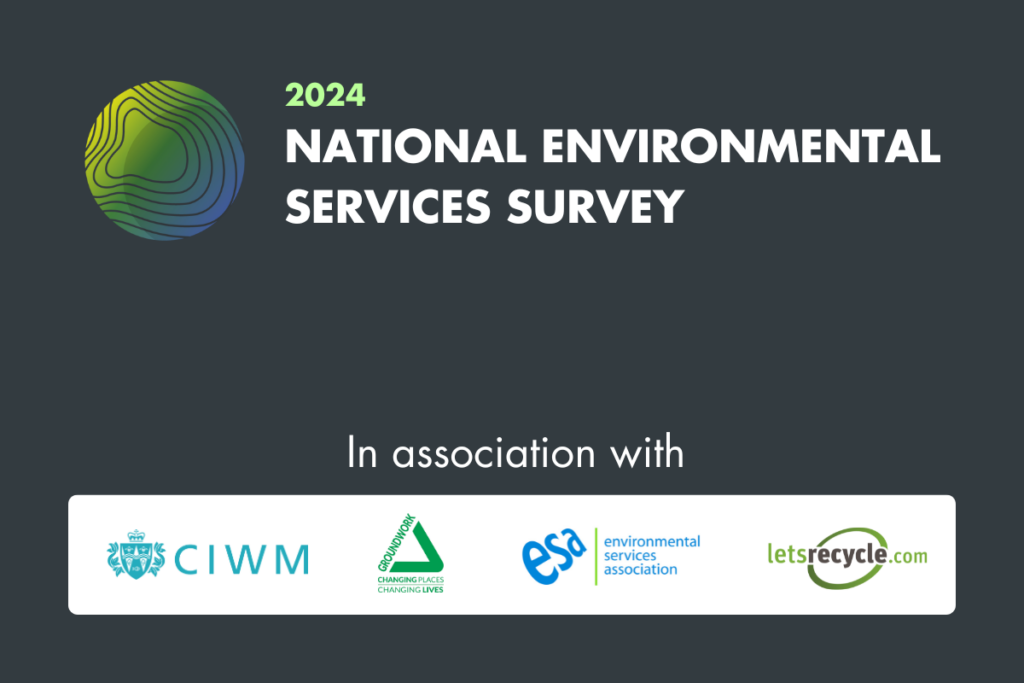Held prior to next week's close of the public consultation for the government's major waste strategy review for England, the meeting heard from local recycling companies, who said their plants were now full.
” MRFs will be critical to the delivery of higher rates of recycling. Large facilities are required. “
– Linda Crichton, WRAP
The meeting heard that time has effectively run out for the Private Finance Initiative to help boroughs in London with their 2010 landfill diversion targets.
And, the meeting also heard from WRAP – the Waste and Resources Action Programme – which said what London needed most of all was more materials recycling facilities to sort collected recyclables. WRAP said it was no good building many small MRFs, that large sorting plants would be needed for the process to be economically viable.
“Full capacity”
One company running a London MRF – Grosvenor Waste Management – warned it could have to close its doors to new contracts soon – meaning material could have to go to landfill.
Grosvenor's director of recycling development, Mary Corin said: “London's MRFs are running at full capacity. This Easter was the busiest ever. People are recycling, but our MRF is full.”
Linda Crichton, Recycling and Organics Technical Advisory Team (ROTATE) manager at WRAP said: “MRFs will be critical to the delivery of higher rates of recycling. Large facilities are required to achieve the economies of scale.
“London has a broad range of collection schemes. Much of the sorting tends to be done at the kerbside, meaning there are a lot of small MRFs which isn't necessarily best.
“To become economically attractive, sites abroad process over 50,000 tonnes of waste per annum, which means looking at ways to diversify. Some take in a wider spectrum of materials while others accept waste from varying sources.”
Funding
London Remade, the market development organisation that held the meeting last week, warned that Private Finance Initiative funding would not now come in time for boroughs to meet 2010 targets for diverting waste from landfill. It is suggesting investment from financiers in the City will be the way forward, and is actively seeking them.
Jamie Blake, director of resource management at London Remade, said: “The City is interested in investing in waste. We’re looking for people to approach us to discuss these projects in more detail with a view to working in partnership. London can’t wait any longer. We need the infrastructure now.”
He added: “London Remade has strategic plans to dramatically develop London’s ability to reprocess and recycle waste. We want to develop the next 20 substantial projects enabling the capital to reprocess another 200 million tonnes of waste over the next five years.”
Planning
Funding wasn't the only barrier highlighted at the meeting, however. Speakers warned that planning was still a problem, with Ms Corin highlighting the continuing issue of “NIMBYism”. She said that the recycling industry had to be viewed as part of the manufacturing sector in order to counter the difficulties faced.
Land value was also a big issue in London's waste management raised last week. Ros Ward, chair of the development plans committee at the Association of London Borough Planning Officers, said: “The problem in London is the value of land. Owners are always trying to sell to residential building contractors because that is where the money is.”
| Related links: |
Also speaking at the meeting, the Chartered Institution of Wastes Management chief executive Steve Lee highlighted the problems of investment, planning and skills that could thwart new waste projects in London. Mr Lee also reiterated the Institution's calls for more energy-from-waste incineration to be used.
He said: “We are either serious about Energy from Waste (EfW) and climate change, or we’re not. We have to minimise waste, take every resource out of the waste streams and then suck all of the energy out of the residual waste.”










Subscribe for free